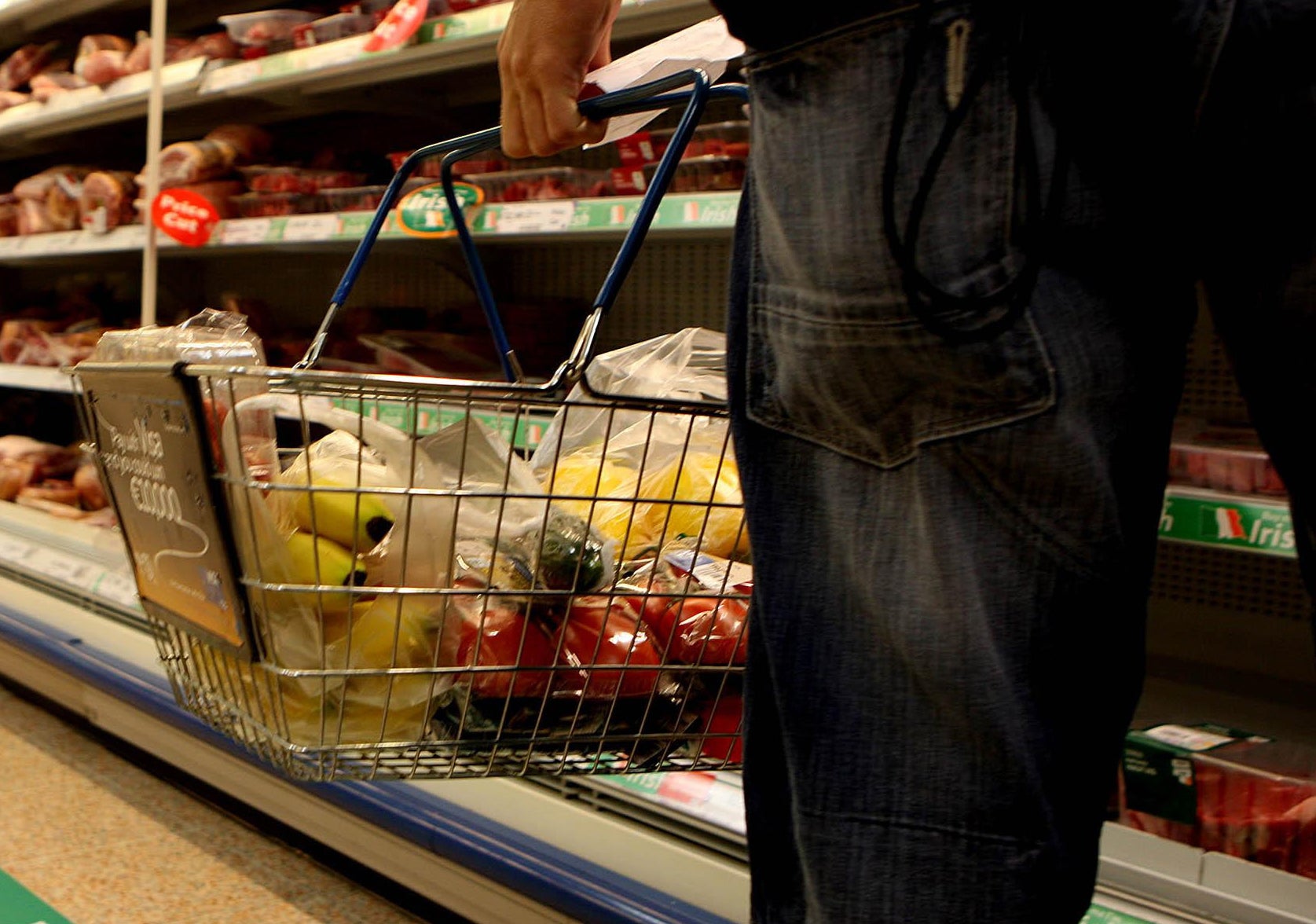Retail sales lift but shoppers are making cutbacks in the long term – ONS
Sales lifted by 0.3% in July, significantly higher than economists’ expectations of a 0.2% drop, the Office for National Statistics reported.

Your support helps us to tell the story
From reproductive rights to climate change to Big Tech, The Independent is on the ground when the story is developing. Whether it's investigating the financials of Elon Musk's pro-Trump PAC or producing our latest documentary, 'The A Word', which shines a light on the American women fighting for reproductive rights, we know how important it is to parse out the facts from the messaging.
At such a critical moment in US history, we need reporters on the ground. Your donation allows us to keep sending journalists to speak to both sides of the story.
The Independent is trusted by Americans across the entire political spectrum. And unlike many other quality news outlets, we choose not to lock Americans out of our reporting and analysis with paywalls. We believe quality journalism should be available to everyone, paid for by those who can afford it.
Your support makes all the difference.UK retail sales picked up in July but continued to show longer-term signs that consumers are making cutbacks to save money amid soaring inflation, according to official figures.
Sales lifted by 0.3% in July, significantly higher than economists’ expectations of a 0.2% drop, the Office for National Statistics reported.
But sales fell by 1.2% in the three months to July, reflecting a gradual decline in spending since the previous summer as the cost-of-living crunch squeezes people’s wallets.
Clothing and household goods sales declined again, with feedback continuing to indicate consumers are cutting back due to increased prices and concerns around affordability and cost of living
A revision of June’s retail figures also put sales slightly lower, at a 0.2% drop rather than 0.1%, showing that shopping activity was slower than previously thought.
Darren Morgan, director of economic statistics at the ONS, said: “Retail sales nudged up very slightly in July, but looking at the longer-term picture, they are continuing the downward trend which started last summer.
“Clothing and household goods sales declined again, with feedback continuing to indicate consumers are cutting back due to increased prices and concerns around affordability and cost of living.”
Online sales picked up in July with retailers reporting that a range of offers and promotions had boosted spending during the summer months, Mr Morgan added.
But fuel sales dropped by 0.9%, suggesting that the recent spell of very hot weather meant fewer people were choosing to travel, the ONS said.
Food store sales rose by just 0.1% in July, a decline from the revised 2.7% increase in June when grocery spending was boosted by the Queen’s Jubilee weekend.
Higher food prices and the impact of cost-of-living affordability concerns have dragged down sales in recent months, retailers told the ONS.
However, specialist food stores such as butchers and bakers saw sales jump by 4.7% over the month.
Meanwhile, alcohol and tobacco stores saw sales drop by 8.7%.
UK inflation hit 10.1% in July, rising above economists’ expectations, the ONS reported on Wednesday.
But consumer price inflation for the poorest tenth of households was even higher, at 10.9%, compared to 9.4% for the richest tenth of households, according to calculations by the Resolution Foundation.
The “cost-of-living gap” reflects less well-off households spending a greater share of their budgets on food and energy bills, it said.
George Lagarias, chief economist at accounting firm Mazars said: “The bad news is that consumers remain pressured and looking for solutions to cut back expenditure.
“The good news is that they still have a real appetite to spend to maintain their living standards, even as cost rises bear down on them.
“This means that if headline inflation recedes soon, it will have caused no permanent damage to the consumer psyche, allowing trade to return to its pre-cost-of-living crisis standards quickly.”